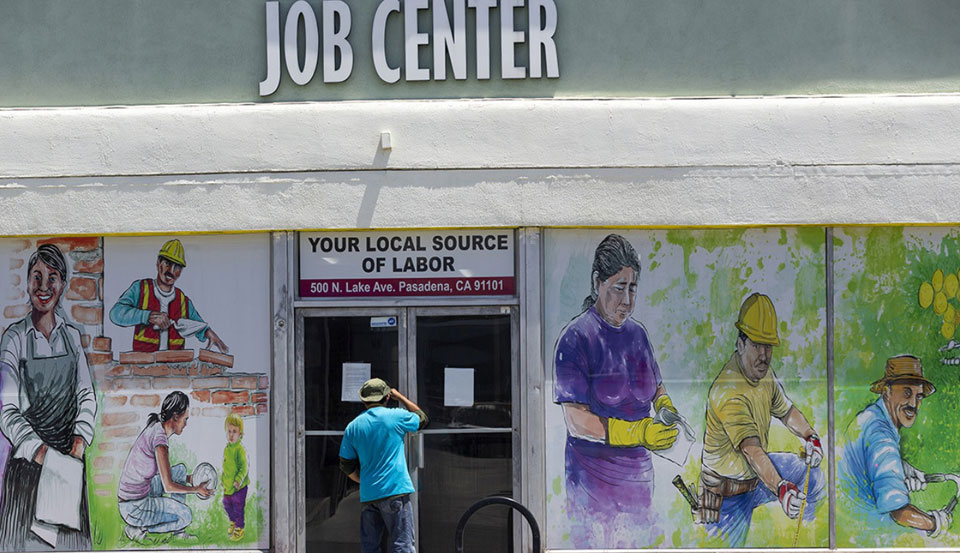
WASHINGTON —The coronavirus pandemic’s impact on workers and jobs continued in the week ending January 23, as the number of people getting state or federal checks rose by 2,596,539 in one week, or 14.55%, to 20,435,018.
And that figure doesn’t count the 1,218,656 more who sought the aid in the last week of January and the 1,147,669 who did so in the first week of February, according to Bureau of Labor Statistics (BLS) charts.
Taken together, all three numbers show 22,801,343 million workers are seeking or receiving jobless benefits. That’s one of every six workers, the BLS report adds.
The statistics make the case for Congress to approve extending federal jobless benefits, including topping off state jobless checks with an extra $400 per week in federal aid, as Democratic President Joe Biden proposes in his $1.9 trillion American Recovery Act.
But congressional Republicans, who steadfastly refused to extend benefits for most of last year, after an initial burst of aid last March, still resist even the extra $400 for each jobless person contained in Biden’s bill—much less everything else in it.
They argue the $400 means that in states with low jobless benefits, such as Mississippi, workers would get paid more to sit home than to work. Studies, including one released Feb. 11 by JPMorganChase and the University of Chicago Business School have shown that corporate claim to be a lie.
Even when the federal weekly jobless benefits, topping the state aid, were $600, for weeks last summer, workers still sought employment instead of sitting home, it said.
But the jobless could fall off another cliff unless lawmakers keep extending jobless benefits, warns Economic Policy Institute Policy Director Heidi Shierholz, a former top Labor Department economist.
“The December 11-week extensions” of the federal jobless benefit programs “just kick the can down the road. They are not long enough,” she warned in a commentary. “Congress must pass further extensions before mid-March, or millions will exhaust benefits at that time when the virus is still rampant and the labor market is still weak.”
She calculated 25.5 million workers are still “either unemployed, otherwise out of work because of the virus, or had seen a drop in hours and pay because of the pandemic. Roughly $2 trillion in relief and recovery aid is crucial.”












Comments